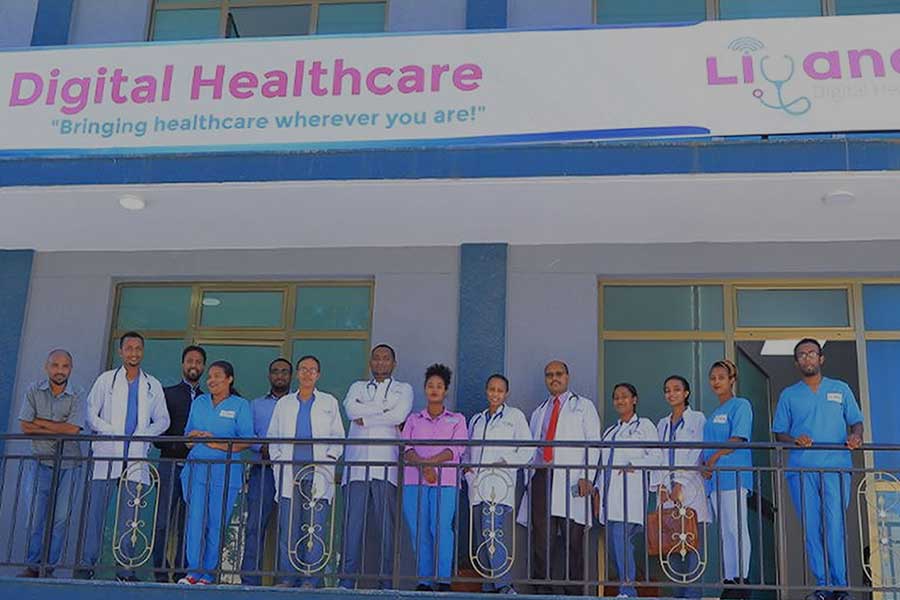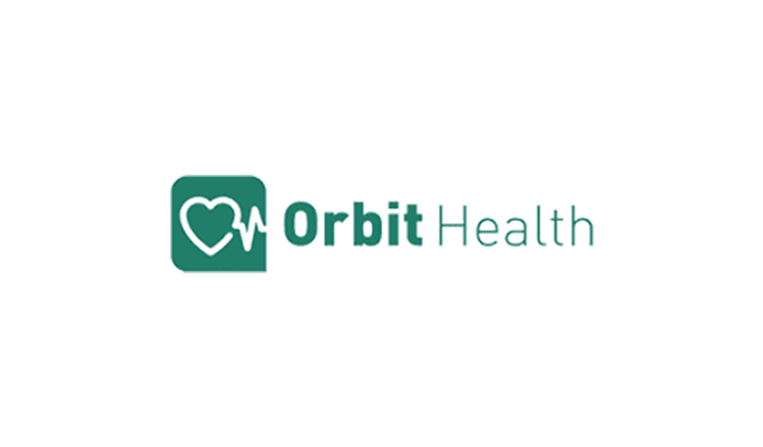
Fortune News | Apr 30,2021
Addis Abeba University's College of Health Sciences has invested 40 million Br to launch an online examination system and learning platform.
For the process, IT experts at the University customised the online Moodle examination system under a Virtual Desktop Infrastructure (VDI), a technology that hosts a desktop operating system on a remote server or a centralised data system that came into operations beginning February of this year.
Ipcom Technologies Trading, a local technology company established in 2010 and operating with 19 employees, integrated the VDI system. Ipcom has previously built data centres for Addis Abeba University and Zemen Bank. It has also installed a video surveillance system for Gonder University.
Moodle, which the University chose, is an open source software learning platform (or course management system) designed to help lecturers, students and administrators with the teaching and learning process.
Apart from the examination and online learning, the system enables students to register, read and conduct online searches. It also enables the students to create their own personal account with 40 GB of storage space.
Moodle currently provides electronic examinations only, according to Hailegebriel Bekele, the college's network administrator, adding that the other e-services will be incorporated gradually.
"Since the system was launched last month, ten online medical examinations have been given to the students," said Hailegebriel.
The College is the main teaching hospital for both clinical and pre-clinical training, covers most specialties and has a total of 3,400 employees.
The system to be launched at the five institutions operating under the college: the schools of Medicine, Nursing & Midwifery, Pharmacy, Public Health and Black Lion Specialized Hospital.
And so far, Black Lion Hospital, which was fully handed over to Addis Abeba University by the Ministry of Health (MoH) in 1998 and remains the premier teaching hospital in the country, has already employed the system. Black Lion has 800 beds and serves half a million patients a year, including 40,000 under its 24-hour emergency department.
The campus in Arat Kilo and the faculty of Business & Economics both launched the system five years ago after it was integrated by Huawei Technologies with the main campus at sidist kilo.
The College of Health Sciences has 6,500 students, of which 3,000 are undergraduates, while the rest are in postgraduate and fellowship programs. Students and academic staff of the College use 350 Dell-branded computers under the virtual desktop infrastructure. In addition, another 50 computers have additional video conference capacity.
"The system can accommodate an additional nine servers, and it is open for upgrading," said Abraham Girma, the College's ICT system administrator. "The system has also reduced our cost for maintenance."
The college is aggressively working on the digitisation of its services, according to Yirgu G. Hiwot (MD), a clinical director.
"One good example is the I-care digital system," Yirgu said.
The system was introduced in collaboration with the Ministry of Innovation & Technology to alter the former manual system of recording patient’s information into a digital system. Since May 2018, patients of Black Lion are using I-care IDs.
“Seventy percent of the old records have been digitised,” Yirgu said.
Wibedil Kiflu (PhD), an assistant professor of surgery and consultant pediatric surgeon, commends the selection of Moodle, listing its safeguards against plagiarism and reducing costs in a paperless examination system.
“Moodle can help in eradicating plagiarism because it shuffles all the questions without a category, unlike the former electronic examination system," she said.
PUBLISHED ON
Mar 16,2019 [ VOL
19 , NO
985]

Fortune News | Apr 30,2021

Fortune News | Mar 06,2021

Fortune News | Oct 27,2024


Fortune News | Jan 19,2024

Fortune News | Mar 27,2021

Radar | Jan 31,2021

Fortune News | Jan 07,2024

Radar | May 31,2020

Fortune News | Jan 16,2021

Dec 22 , 2024 . By TIZITA SHEWAFERAW
Charged with transforming colossal state-owned enterprises into modern and competitiv...

Aug 18 , 2024 . By AKSAH ITALO
Although predictable Yonas Zerihun's job in the ride-hailing service is not immune to...

Jul 28 , 2024 . By TIZITA SHEWAFERAW
Unhabitual, perhaps too many, Samuel Gebreyohannes, 38, used to occasionally enjoy a couple of beers at breakfast. However, he recently swit...

Jul 13 , 2024 . By AKSAH ITALO
Investors who rely on tractors, trucks, and field vehicles for commuting, transporting commodities, and f...

Oct 25 , 2025
The regulatory machinery is on overdrive. In only two years, no fewer than 35 new pro...

Oct 18 , 2025
The political establishment, notably the ruling party and its top brass, has become p...

Oct 11 , 2025
Ladislas Farago, a roving Associated Press (AP) correspondent, arrived in Ethiopia in...

Oct 4 , 2025
Eyob Tekalegn (PhD) had been in the Governor's chair for only weeks when, on Septembe...